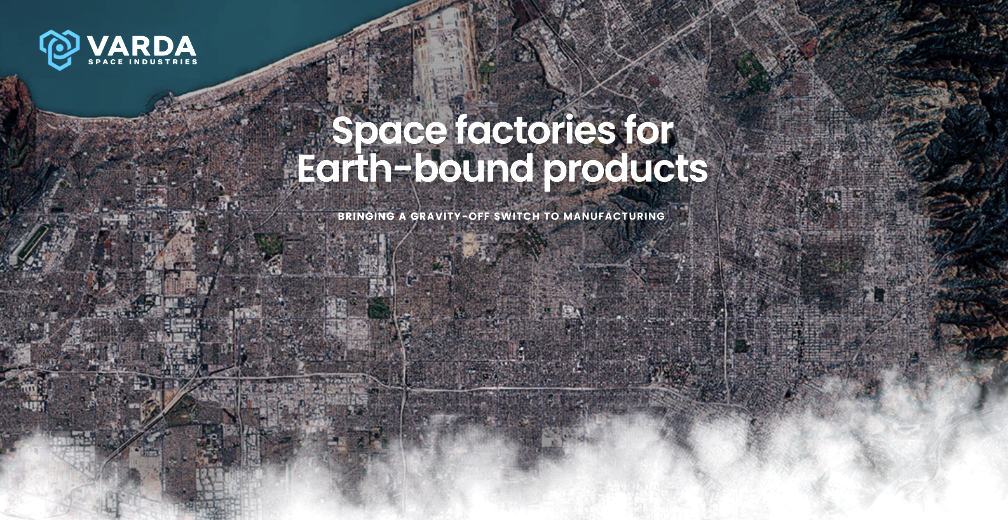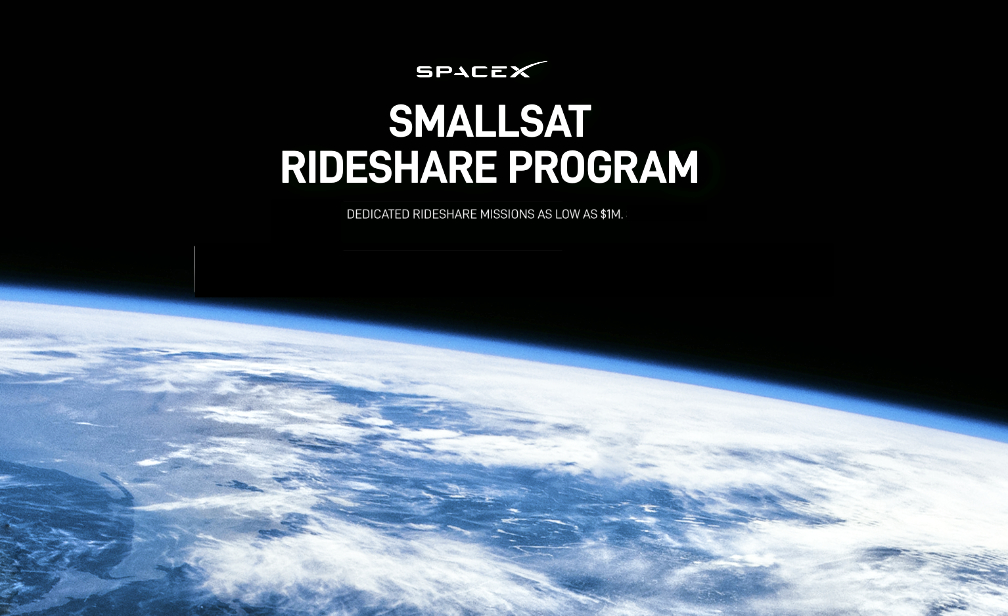
Varda Space Industries has signed a Launch Services Agreement with SpaceX to launch their initial space factory aboard a SpaceX rideshare mission, deploying to LEO in Q1 2023.

After Varda’s factory operation completes the on-orbit production run, the company’s space factory will execute a de-orbit maneuver to re-enter the atmosphere and return the finished product to customers on Earth.
Until now, nearly all in-space manufacturing research has been carried out on the International Space Station (ISS). While this research has demonstrated that innovative materials and products that will revolutionize industries on Earth can be created in the consistent microgravity environment of LEO – an environment that can’t be replicated on Earth – there has been no pathway to commercialization.
Until recently, manufacturing in orbit has been impossible to scale due to the cost, complexity and regulatory hurdles associated largely with launch vehicles. SpaceX’s new, competitively priced, rideshare program plus the FAA’s new streamlined regulatory framework now enable cost-effective access to orbit that finally makes large-scale space manufacturing and commercialization of the advancements made on the ISS a reality.
Varda Space Industries was founded by Will Bruey, who spent almost six years working on SpaceX’s Dragon spacecraft, and Delian Asparouhov, Varda’s President and a Principal at Peter Thiel’s Founders Fund.
Varda’s first space factory is planned to launch in Q1 2023, with the second and third factories scheduled to follow through 2024. Each mission has a nominal three-month duration from launch to landing.
“We are excited for Varda’s signing with SpaceX as its launch provider. The massive reduction in barriers to entry will allow us to finally bring the enormous benefits of space, through microgravity manufacturing, to so many people on Earth whose lives will change tangibly for the better as a result,” said Asparouhov.
“Five years ago, a company like Varda would not have been possible. But today, we can economically deliver unique products that can only be manufactured in space because launches are cheaper, space hardware solutions are commoditizing, and smart regulatory progress has been made. Since prolonged exposure to zero gravity is not possible on the planet, it’s exciting to use our expertise in spacecraft to bring that brand new capability to industries serving large markets on Earth,” said Bruey. “I’m excited to use SpaceX as our launch provider because their reusable launch vehicles have proven to be highly reliable and cost-efficient, providing the certainty and unit economics that we rely on to deliver unprecedented access and value to all kinds of new products that can only be manufactured in space.”
